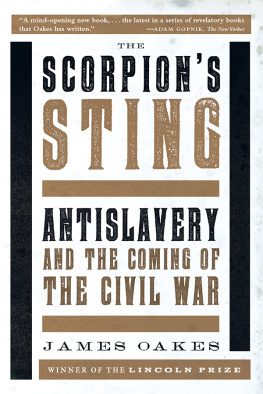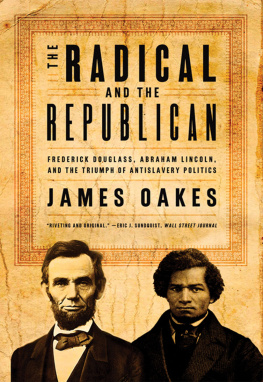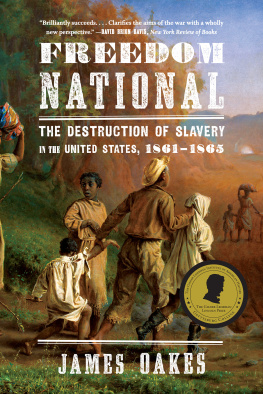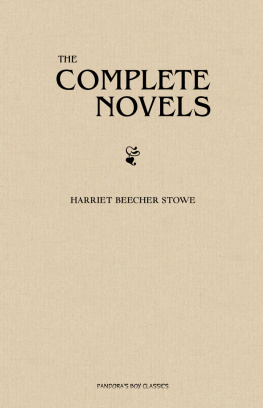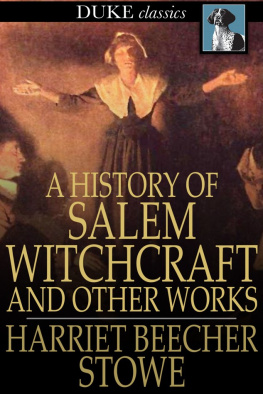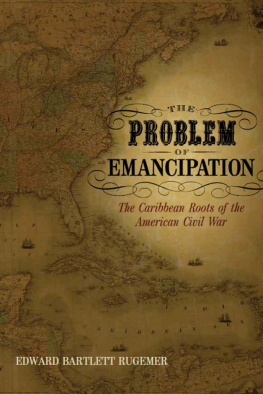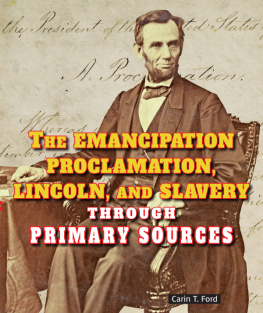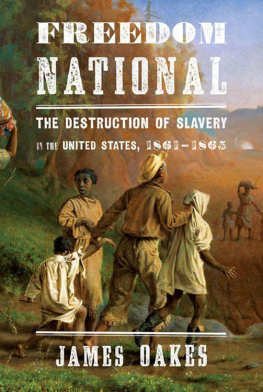


I N JANUARY 1860, during a heated debate over slavery in the House of Representatives, Pennsylvania Congressman Thaddeus Stevens explained, in the briefest possible manner, what he considered to be the underlying principles of the Republican Party. In my judgment, he began, Republicanism is founded in love of universal liberty, and in hostility to slavery and oppression throughout the world. Undoubtedly, had we the legal right and the physical power, we would abolish human servitude and overthrow despotism in every land that the sun visits in its diurnal course. But we claim no such high privilege or mission, Stevens insisted. We claim no right to interfere with the institutions of foreign nations, or with the institutions of the sister States of this Republic. We would wish that Russia would liberate her serfs, Austria her oppressed subjects, Turkey her minions, and the South her slaves. But the law of nations gives us no authority to redress foreign grievances; and the Constitution of the United States gives us no power to interfere with the institutions of our sister States. And we do deny now, as we have ever denied, that there is any desire or intention, on the part of the Republican party, to interfere with those institutions....
This was a standard disclaimer among Republicans. His radicalism notwithstanding, Thaddeus Stevens had always endorsed the federal consensus, agreeing with conservative and moderate Republicans as well as Democrats, north and south, that the national government had no power under the Constitution to abolish slavery in a state where it already existed. That disclaimer is important because it tells us what Republicans would not do to undermine slavery, but it does not tell us what they would do. And so, Stevens continued, [W]hile we claim no power to interfere with the institution in the States, yet where the law of no State operates, and where the responsibility of government is thrown on Congress, we do claim the power to regulate and the right to abolish slavery.... Which places were these? Stevens elaborated: [T]he Territories, the District of Columbia, the navy-yards, and the arsenals have no legislative bodies but Congress, or those granted by Congress; and it is our purpose to provide in the exercise of our legislative duty, for preventing the extension of slavery into free soil under the jurisdiction of this General Government, or any extension of slavery upon this continent.
That next-to-last phrasethe part about preventing the extension of slavery into free soilwas a thinly veiled promise to inhibit the recapture of fugitive slaves in northern states where slavery was illegal. It prompted Virginia Congressman Sherrard Clemens to ask Stevens whether he supported the Fugitive Slave Act of 1850. Stevens answered that he had voted against the law, that he favored either its repeal or its modification, that in his political opinion it was unconstitutionalthough as long as it remained on the books, Stevens added, I shall not resist its execution.
Clemens then asked Stevens to confirm a statement he had once made, to the effect that the purpose of the Republican Party was to encircle the slave States of this Union with free States as a cordon of fire, and that slavery, like a scorpion, would sting itself to death. I ask the gentleman if he did not make that remark, or something like it?
Stevens made a brief, sarcastic reply to the effect that if he had made such a remark, it is on the books.
Not satisfied, Clemens pressed the issue. I put to him respectfully this question... Clemens said, if his policy is carried out, whether to-day, to-morrow, or fifty years hence; if not a single new slave State is admitted into the Union; if slavery is abolished in the District of Columbia, in the Territories, in the arsenals, dockyards, and forts; if, in addition to that, his party grasps the power of the Presidency, with the patronage attached to it... whether, if he did all this, would he not carry out the full extent of the remarks which he made, that he would have slavery surrounded like a camp in a prairie or a scorpion with fire, and if it would not sting itself to death?
I do not know, Stevens answered dismissively, not being a prophet. [Laughter.]
Stevens was being coy. Clemens was not asking him to issue a prophecy, to predict what would actually happen if Republican policies were implemented. He wanted to know if the doom of slavery was what Stevens hoped for, what he and his fellow Republicans anticipated would happen, should they succeed in surrounding the South with a cordon of freedom. That was the point of the metaphor about the scorpioneventually, it would kill itselfand nobody knew that better than Thaddeus Stevens. For by 1860 the scorpions sting had become a popular literary device for capturing the process by which the opponents of slavery expected it to die. Although the federal government would do all it could to encourage them, the states themselves would eventually abolish their own slave systems. The sooner the better.
IN JANUARY 1847, in their fifteenth annual report, the board of managers of the Massachusetts Anti-Slavery Society pointed to the various ways in which slavery was becoming more and more unacceptable in polite society, at least in England. When public sentiment is such in the British Islands, that no Slaveholder can be received into any pulpit or at any communion table, the report declared, when an enlightened public opinion no longer tolerates proslavery sentiments, when they are excluded from every venue of public or private life, then the circle of fire which has already been kindled around the scorpion will grow hotter and hotter, and close nearer and nearer, until it will be compelled to bury its sting in its own brain, and rid the world, by a blessed suicide, of its monstrous existence.
The image of the scorpions sting soon spread far beyond the confines of New England abolitionism, and by the mid-1850s it was popular among antislavery politicians across the North. The Republican party does not wish to interfere in the internal government or social institutions of the slave States, but merely to place around them a cordon of free States, Anson Burlingame explained in 1856. Then, he added, this horrible system will die of inanition; or, like the scorpion, seeing no means of escape, sting itself to death.
For those who opposed slavery by political means, the scorpions sting perfectly captured their program of abolition. Under normal circumstances the federal government would notcould notgo into any southern state and directly abolish slavery. The Constitution did not allow that. But the government could create the conditions that would lead the slave states to abolish slavery on their own. Indeed, the government should have been doing this all along. We should never have annexed Texas, James Freeman Clarke declared in 1859, nor should we have repealed the Missouri Compromise. We should have adopted the Wilmot Proviso and rejected the Fugitive Slave Act. Defeated on these points, Clarke explained, the slave power would have ceased from its aggressions; the lovers of Freedom at the South would have been encouraged; the Border States would have been led to take measures for emancipation. Gradually, peacefully, joyfully the cause of Freedom would have grown strong, that of Slavery weakuntil, at last, surrounded by the hosts of Free labor, by emigrants from the North, by invading light and advancing religion; hemmed in by all this illumination and warmth, like the scorpion girt with fire, it would have turned its sting against itself.
Next page
